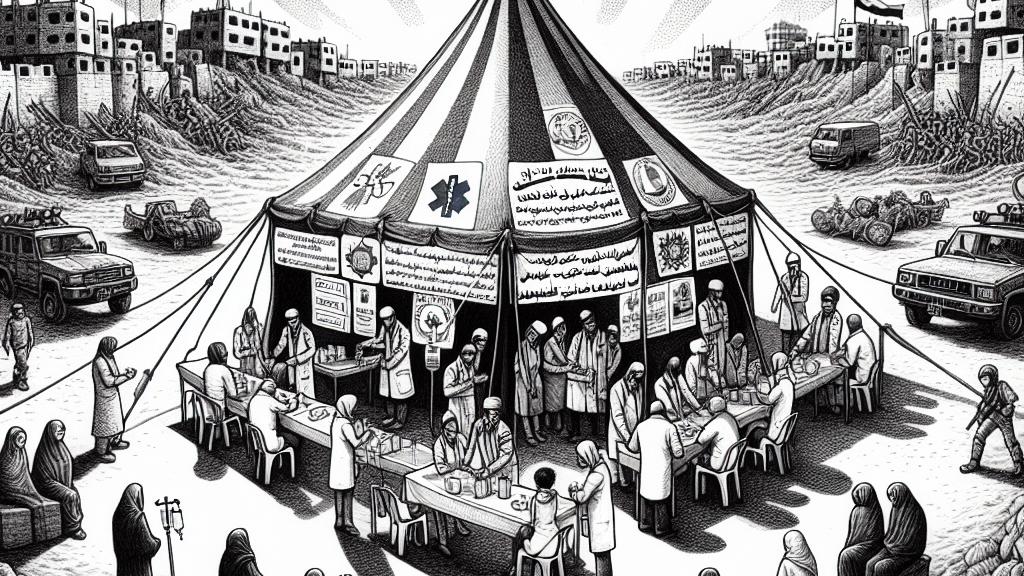Ceasefire in Gaza: A Shot at Vaccination Amidst Humanitarian Crisis!
Overview
- A temporary ceasefire allows critical polio vaccinations for children in Gaza.
- Nearly 87,000 children vaccinated during the ceasefire, highlighting urgent health needs.
- Negotiations for hostage release and long-term peace are intensifying amidst ongoing conflict.

The Importance of the Ceasefire
On September 2, 2024, Gaza witnessed an essential temporary ceasefire that provided a rare opportunity for health initiatives to take precedence amidst the ongoing tumultuous conflict between Israel and Hamas. This truce enabled critical polio vaccinations for vulnerable children, showcasing a society striving to prioritize health even amidst chaos. With approximately 87,000 children vaccinated, the ceasefire not only facilitated a significant health intervention but also illuminated the dire humanitarian context, where children are caught in the crossfire of a prolonged conflict.
Challenges Faced by Humanitarian Efforts
Despite the limited ceasefire enabling vaccination efforts, the humanitarian landscape in Gaza remains fraught with risks and challenges. The intermittent violence continued during the truce, raising concerns about safety for both healthcare providers and civilians. Reports of attacks that caused injuries and fatalities underscored the pervasive danger which complicates humanitarian operations. The call for sustained ceasefire agreements grows louder, as many believe that uninterrupted access is necessary not only for vaccination but also for addressing urgent needs such as food, clean water, and proper medical care that are vital for survival in this conflict-stricken region.
Prospects for Peace and Ongoing Negotiations
In light of the evolving situations, the international community closely monitors the negotiations between Israel and Hamas, with the United States playing a pivotal mediation role aimed at fostering dialogue. These discussions are centered around extending the current ceasefire and addressing the crucial issue of hostage release. Stakeholders are pressing both parties to establish comprehensive agreements focused on humanitarian access and addressing the underlying tensions that fuel ongoing violence. As advocates work tirelessly for an equitable resolution, the ultimate goal remains a stable and peaceful future for the people of Gaza, where health, safety, and basic human rights can prevail.

Loading...